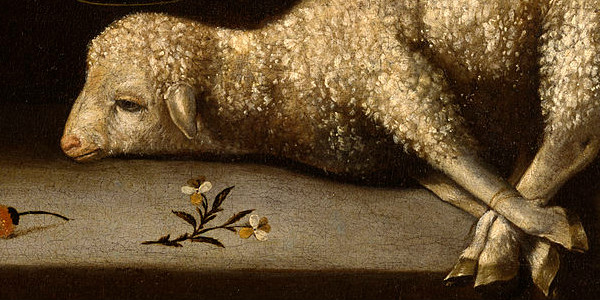by Linda McMillan
Sometimes, carrying on, just carrying on, is the superhuman achievement.
Albert Camus
We have an interesting story today, almost ripped from the headlines. Who could read about David’s rape of Bathsheba and not think of the rapist from Stanford University?
Some may say that David didn’t rape Bathsheba, that my language is too strong. Some commentators call it “the seduction of Bathsheba.” I even toyed with the idea that Bathsheba might have been looking to marry up, but the realities on-the-ground don’t support that view. She would have been risking her life to have sex with David, consensually or not. It was too big of a gamble. What David did to her was rape. It was not a seduction.
David almost got away with it too. For awhile it looked as if it might be alright. Uriah was dead, he and Bathsheba were lawfully married, and the child was his anyway. I am sure David was ready to let it all flow into the past. That’s how perpetrators are.
But, just as it was beginning to look like David was in the clear, the prophet Nathan came to visit. Nathan knew how to handle David and how to appeal to his higher nature. Nathan told David a parable. There were four people in the parable: A rich man, a poor man, a traveler, and…. OK, three people and a ewe lamb. In his parable, the rich man had a lot of lambs. A traveler came through town and the rich man needed a lamb to feed him. Instead of taking one of his own he took the one little lamb that belonged to the poor man. David was furious! He said that the rich man should pay four times the cost of the lamb and be put to death. That’s how it goes when we make big judgments about other people. Sometimes we wind up judging ourselves.
In his parable, Nathan refers to David’s actions as stealing, and at first, you think he must be talking about what was taken from Bathsheba. But, later, in chapter 12, he talks about all the things that were done to poor Uriah. It renders Bathsheba invisible and silent. That is what rape does. It makes you invisible. There is nothing you can say. Life is never the same.
I think it is the same with any deep wound, and Bathsheba has more to come. After he raped her, David had her husband killed, married her, and caused the death of her first child. You might think that she would do something, and she did! It may be the bravest thing I’ve ever known a person to do. She carried on. There were no miracles. Things never got undone. She stayed raped. Uriah and her baby stayed dead. She stayed married to her rapist. Bathsheba carried on.
I have a friend who thinks that such things make people stronger. “Tempered steel must go through the fire!” she says. She might be right, though I am not entirely convinced.
One time a friend and I went to an exhibit at the Houston Museum of Natural Science, and the exhibit we saw was all about gold. We saw how it was mined, and processed, and eventually made into jewelry, or coins, or ingots. One thing I noticed was that all the ingots had a small rough patch on them. Everywhere else they were so shiny you could see your reflection, but there was this curious mark. I asked the docent about it and she told me that it was the result of being heated by the fires that purified the gold.
The fire leaves a mark, a scar. It’s as true of gold as of our own lives. Some scars can be polished out. Maybe we get shinier, or stronger. Or, maybe, like Bathsheba, we just carry on.
It’s wonderful when Jesus comes along and restores a son to his mother. We love the story of the raising of Lazarus. We have a God who brings down fire from heaven, knocks down city walls, parts the seas, brings forth water from rock… surely he is a god of miracles.
But sometimes he is just the god of carrying on. It’s the work of the saints, and of sinners like us. It is the heroic work of following Jesus to bear our scars and to carry on.
Linda McMillan lives in Shanghai.
Image: Public Domain Artist: Josefa de Óbidos (1630–1684) – Josefa de Ayala Figueira – Portuguese painter

